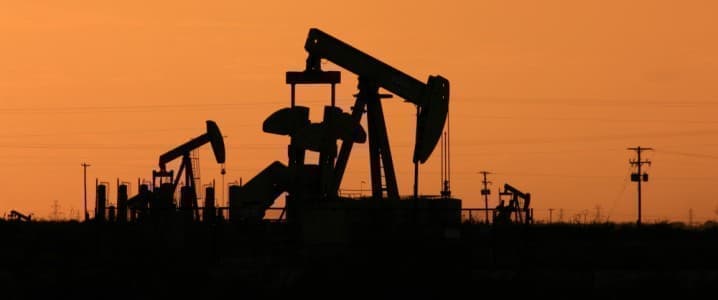Unless you’ve been living under a rock, you’re probably well aware that oil and gas prices are skyrocketing around the United States and around the world. As the global economy bounces back from the novel coronavirus pandemic and demand for goods and services recovers to something like pre-pandemic levels, supply chains and nodes of production have been unable to keep up. Supply bottlenecks, shipping restrictions, and labor shortages have led to high costs for all kinds of economic sectors, but few have been hit as hard or as swiftly as the energy industry.
In Europe, an energy crunch is imperiling the European Union’s economy and energy security as well as the continent’s ability to meet its own emissions goals. This crisis is only set to ramp up as temperatures drop in the winter months, and just as representatives from all around the globe flock to Glasgow for the 26th annual United Nations Framework Convention on Climate Change (UNFCCC), known as COP26, kicking off later this month. In China, supply crunches along with price caps on energy are leading energy companies to choose between bankruptcy or halting production altogether, as Beijing urges coal plants to produce as much as possible, climate pledges be damned. India, too, is facing severe supply crunches and is at severe risk of running out of coal (which accounts for a whopping 70% of the subcontinent’s energy mix) entirely.
In the United States, the energy crunch has not reached the crisis levels currently unfolding in the European Union and Asia, but the economy has proven to be far from immune to these global market pressures. Oil is currently trading at seven-year highs and the West Texas Intermediate Crude benchmark has surpassed $80 per barrel. And all that inflation is projected to keep increasing as oil gets more and more expensive to produce. Rystad Energy predicts that the cost of production in the Permian Basin will inflate by 10 to 15 percent in the coming year. While the entire economy is experiencing inflation, this blows overall inflation rates out of the water.
Related: Oil Prices Could Explode As U.S.' Largest Storage Hub Nears Empty
Meanwhile, the oilfield services companies that are experiencing the brunt of the cost hikes have made it clear that they will be passing the buck along to producers. Oilfield services companies suffered mightily from the contraction of the oil market in 2020 when the pandemic drove oil prices to historic lows. With limited resources and downsized staff in a time that hiring seems impossible, companies like Halliburton will not be footing the bill for higher operational costs.
While operational costs are going to rise considerably for U.S. shale companies, however, oil prices are so high that they will still be making a tidy profit. According to reporting from the Financial Times, costs will likely rise from $50 a barrel to around $55 a barrel. At $80 a pop, it’s certainly still worth oil and gas companies’ while. Ultimately, it will be buyers and U.S. consumers who shoulder the burden of higher production costs.
The rising costs of fuel and energy, which will only continue to rise over the course of the winter as demand rises and the squeeze intensifies, threatens national and global economies’ post-Covid economic recoveries. As consumers are forced to pay more to utilities and more at the gas pumps, they will have fewer dollars to spread around other economic sectors.
And the potential damage of the energy crunch is far from limited to economic rebound. As hinted at above, it also poses a major threat to the world’s nascent green energy transition. As nations struggle to hold onto their energy security, climate pledges and emissions goals take a back seat to keeping the lights on.
By Haley Zaremba for Oilprice.com
More Top Reads From Oilprice.com:
- Forget $100, Options Traders Now Betting On Oil Prices Hitting $200
- Will The Energy Sector Continue To Outperform The Market?
- What ADNOC’s IPO Successes Mean For Middle East Oil



















"How these expected problems are being handled" is the news and you would have to hit the oil fields to find out why as I certainly already know.
Long $slb Slumberger
Strong buy